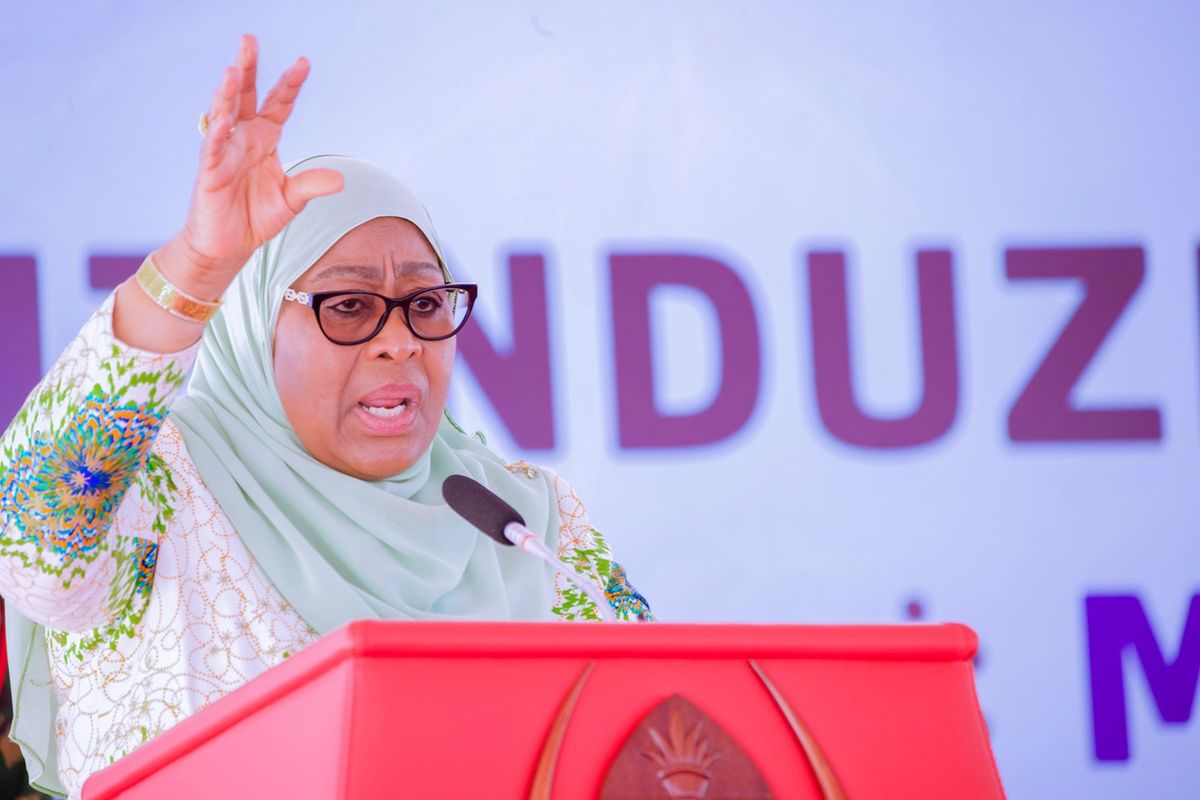Tanzania: Mwinyi Awards Best Performing Students
Zanzibar — A total of sixty best performing students in Pemba Island who scored Division I in this year’s Form VI National Examination have been awarded undergraduate scholarships.
The announcement was made by President Hussein Mwinyi during a luncheon hosted at the State House at Pagali in Pemba for the best performing students in Form VI and Form IV national examinations for 2023/2024 academic year.
He said that the government will continue motivating students to work hard by awarding scholarships, laptops and money to those who score Division I “Because we want to eliminate failures and target to produce experts in different fields including science, technology and art.”
He said that currently when the country faces shortage of teachers for science subjects, the government will continue hiring teachers to fill the gaps.
Also read: Zanzibar records current account surplus
Regarding school infrastructure development, Dr Mwinyi said his government is already implementing its plan of building new primary and secondary schools, including renovating the old ones.
He expressed his happiness following the records that for the first time, Pemba has made history by eliminating Division Zero in the Form VI results this year.
According to the Zanzibar Minister for Education and Vocational Training, Ms Lela Mohamed Mussa, Form IV students who scored Division I are 175 and Form VI are 220, making a total of 395 students.
Escorted by their teachers the students attended a special luncheon event, where the minister promised to encourage parents, teachers and students to strengthen collaboration to maintain and improve students’ good performance.
Last year, during a ceremony to award best students President Mwinyi said that his government would continue to prioritise education due to its significance in development.
“We cannot execute development projects without enough experts; therefore, education must be priority number one,” Dr Mwinyi stressed.
He said the government will continue to build high rise buildings in primary and secondary school infrastructure to end the system in which students attend classes in shifts.
“We want one classroom to accommodate 45 students only.”
The president added that this year, the government expects to construct 2,000 additional classrooms and employ more teachers for Mathematics and Science subjects for secondary schools.
He also instructed the Ministry of Education to continue with school’s inspections programme so that teachers can follow the stipulated guidelines and teaching procedures carefully.
Source: allafrica.com




















